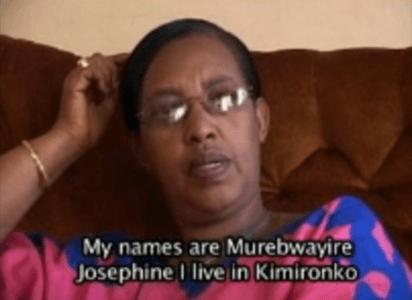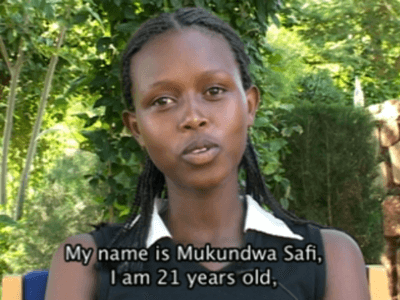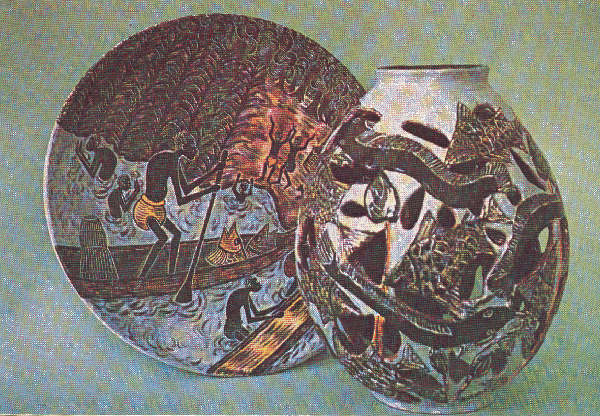“Technology is the equalizer,” Fareed Zein told Fast Company. Zein has built the Sudan Vote Monitor as a platform people can use to monitor and cover next month’s independence vote in that northeastern African country.

To the south and east, another technological experiment has risen, that one to commemorate the fait accompli of the Rwandan genocide. The Genocide Archive of Rwanda, hosted by the Kigali Genocide Memorial, will document the 100 days and 800,000 lives lost in the brutality of 1994.

Genocide Archive of Rwanda
Today, the Genocide Archive of Rwanda opened at the Kigali Genocide Memorial in that country. A technologically sophisticated collection of the facts and nightmares of that ethnic butchery, the GAR will make the murder of 85% of the Tutsi population the most documented instance of inhumanity in history.
The archive contains video, audio, photos, maps, documents and publications. They can be accessed via a number of different criteria or searched by keyword. (And do be warned. This shit is rugged to look at.) The most important materials are the records of the “gacaca” trials – the “peace and reconciliation” type confrontations of the perpetrators by the victims and the victims’ families.
Although it looks like a large sampling of the materials are available online already, the complete archive is accessible on-site only, at the memorial building near which so many victims of the violence are buried. However, all of the materials will eventually be online and available to all.

Sudan Vote Monitor
Built on the Ushahidi platform, the Sudan Vote Monitor is a website to which witnesses can post updates via mobile.
“This technology could be particularly useful in Sudan where long distances and inadequate infrastructure pose a significant challenge. The spread of mobile communications throughout Sudan in recent years offers a unique and feasible opportunity to overcome this challenge. The proposed technology is the closest thing to a real-time observation of what is happening in an election center in a remote part of Sudan.”
The SVM was built by Zein, an oil and gas man in Texas who was born in Sudan. In conjunction with his sister, a college professor, he runs the Sudan Institute for Research and Policy. The ability to help monitor the upcoming elections with the use of simple SMS messages may help keep the process honest and violence-free. At least it will document any deviations from that ideal.
Read about the use of mobile and web technologies during the last Kenyan election, the employment of e-readers in Ghana, the use of mapping tech to get inhabitants more services and other ReadWriteWeb coverage of Africa tech.
Other sources: Guardian
















